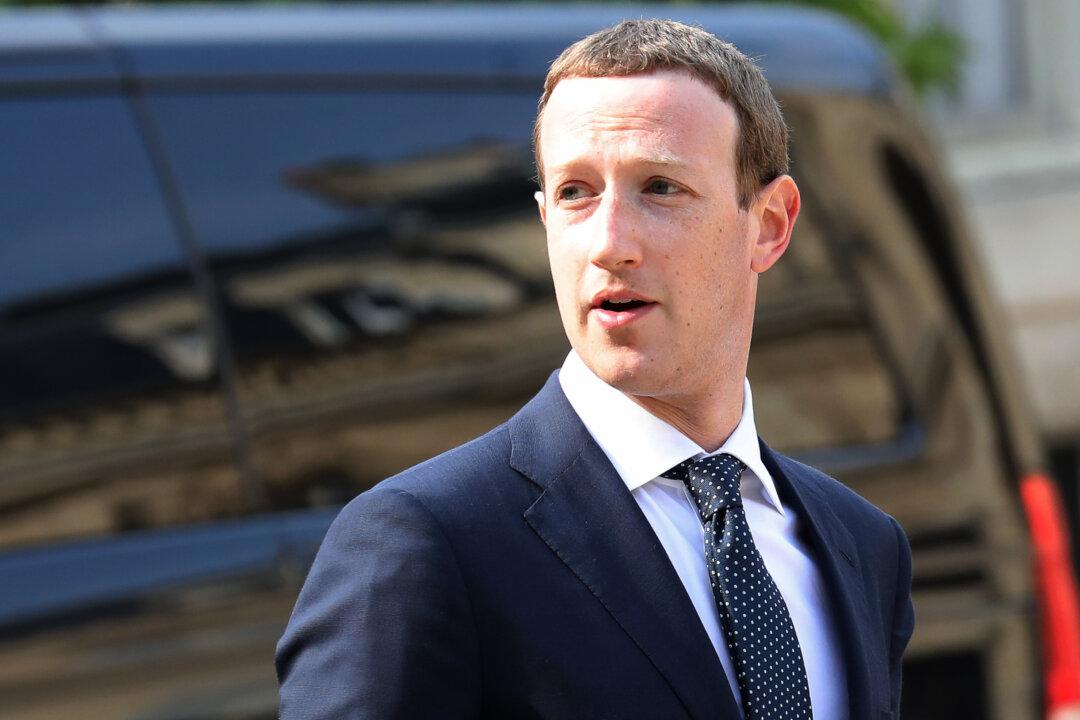Facebook CEO Mark Zuckerberg on Wednesday criticized Twitter’s decision to apply a warning label on one of President Donald Trump’s posts on the social media platform.
Zuckerberg told Fox News’s “The Daily Briefing” that privately-owned digital platforms should not act as the “arbiter of truth,” after Twitter added fact-checking labels on the president’s posts for the first time on Tuesday.





